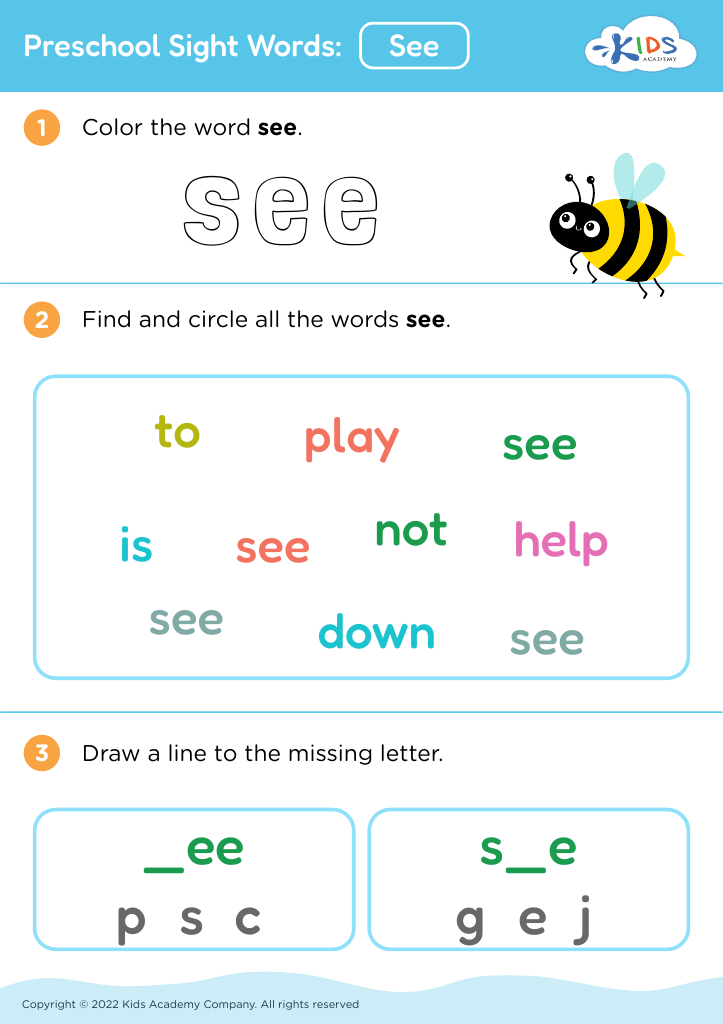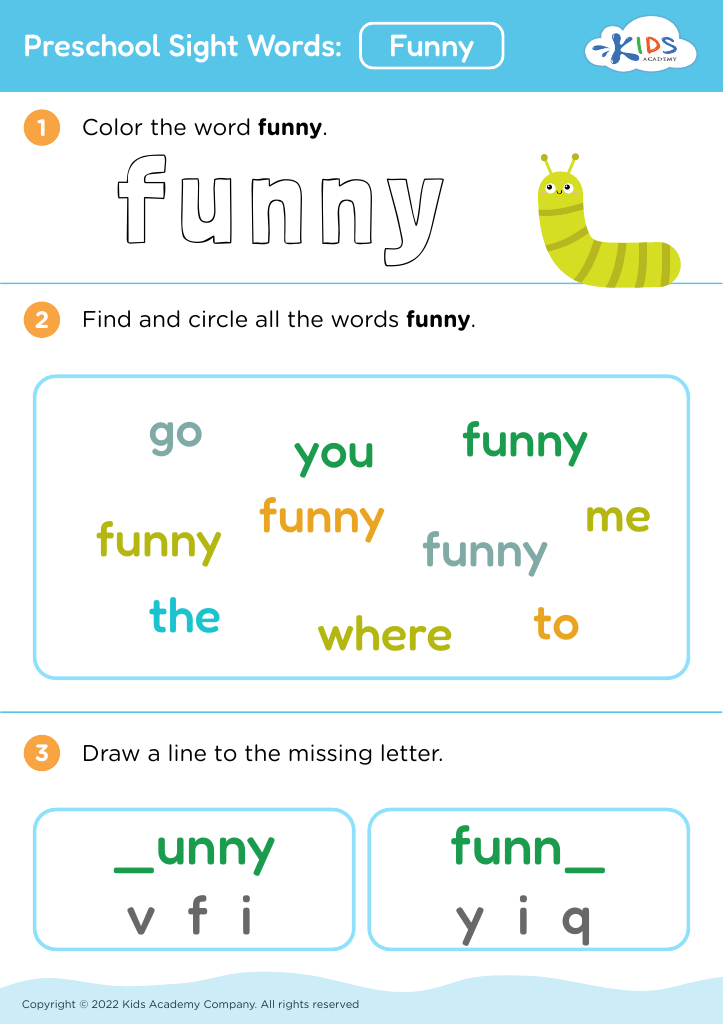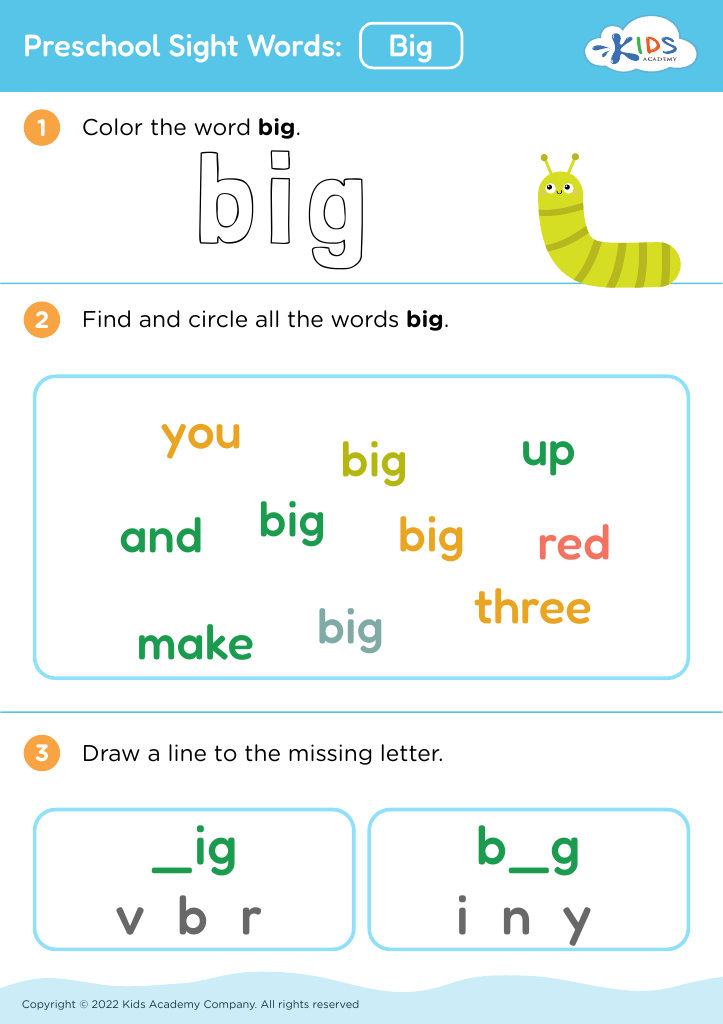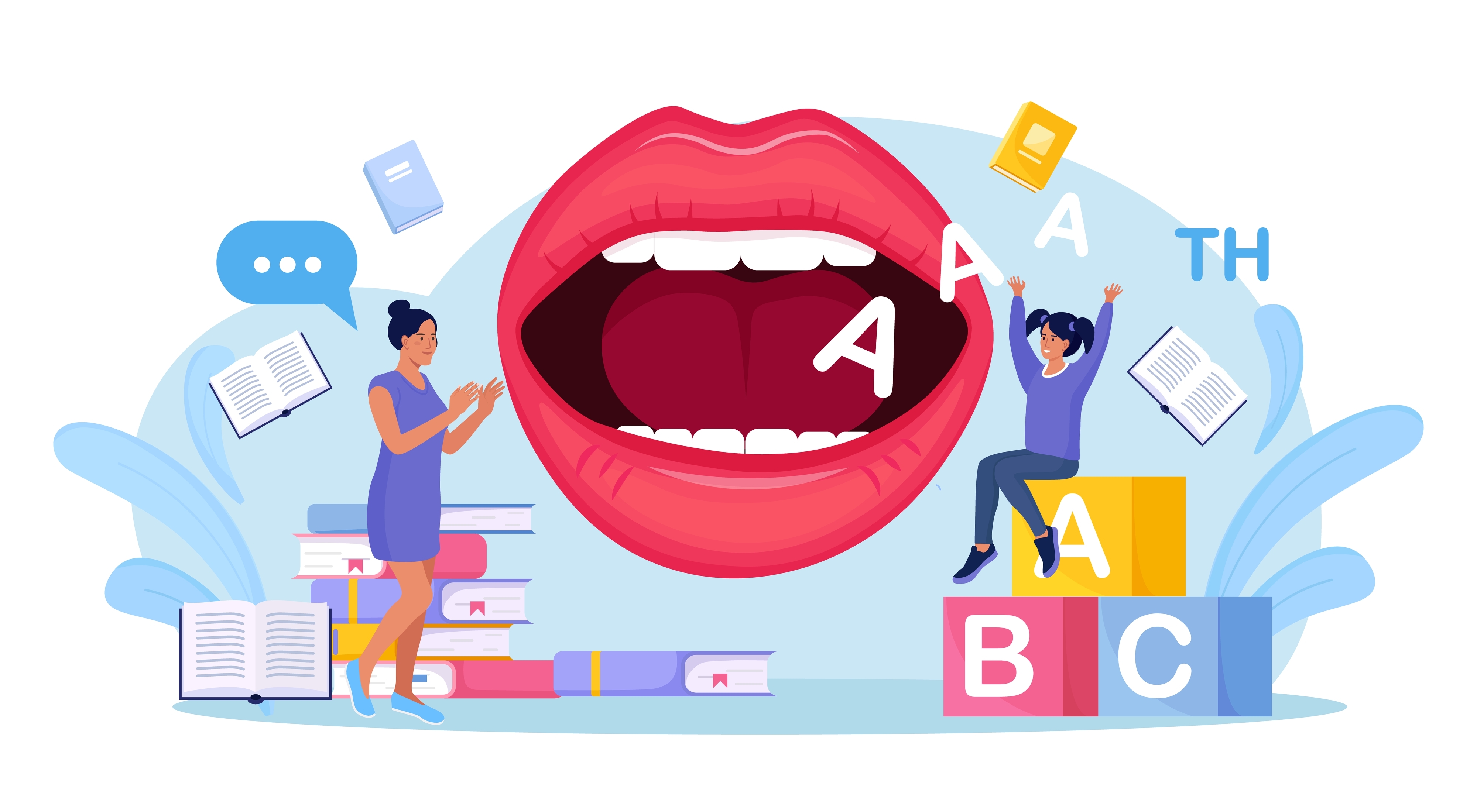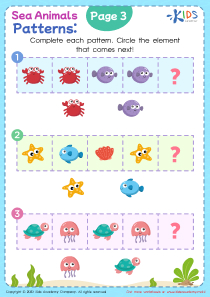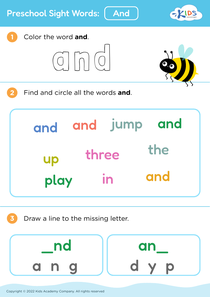Reading comprehension Preschool Sight Words Worksheets
3 filtered results
-
From - To
Enhance your preschooler's reading skills with our engaging Reading Comprehension Preschool Sight Words Worksheets! Designed to foster early literacy, these worksheets help young learners recognize essential sight words while developing their comprehension abilities. Each worksheet features fun activities that encourage interaction, such as matching words to images and answering simple questions about brief stories. Our educational resources aim to create a strong foundation in reading, preparing children for future learning success. Easy to use and print, these worksheets make it simple to incorporate reading practice into your child's daily routine. Start your child's literacy journey today with our vibrant, interactive resources!
Reading comprehension and sight words are foundational elements of early literacy that significantly influence a child's educational journey. Parents and teachers should prioritize these aspects because they play a crucial role in a child's ability to read fluently and understand text.
Sight words—common words that children should recognize by sight to enhance reading speed and fluency—serve as building blocks for comprehension. When young learners can quickly identify these words, they can focus more on understanding the meaning of sentences rather than decoding individual words. This focus promotes deeper engagement with stories and concepts, leading to improved critical thinking skills.
Additionally, reading comprehension at an early age fosters a love for reading and encourages lifelong learning. By understanding what they read, children grow curious about the world around them, enhancing vocabulary and cognitive abilities. For parents, being involved in their child’s literacy development cultivates a nurturing environment, allowing them to play an active role in their education.
Ultimately, prioritizing reading comprehension and sight words equips children with essential tools for academic success and personal growth, making it a worthy focus for parents and educators alike.

